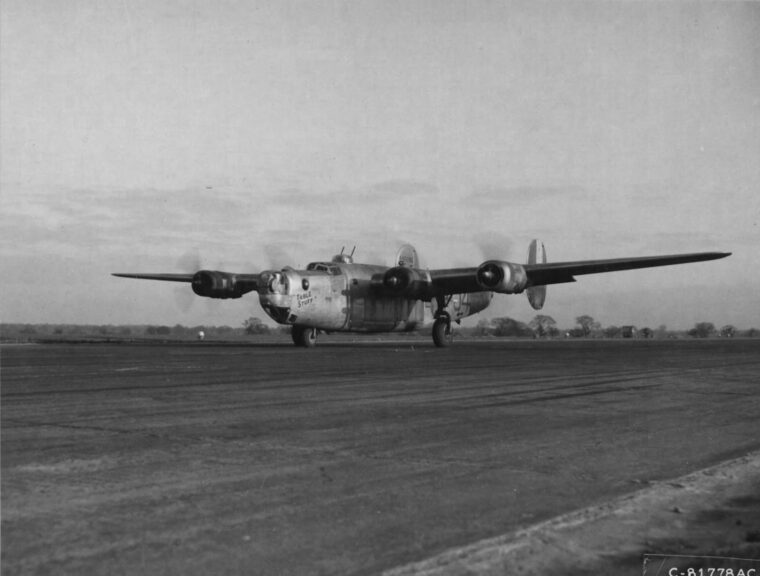
Allies
The Azimuth “Smart” Bombs of World War II
By Joseph Frantiska, Jr.As soon as one caveman threw a rock in anger at another, the human race took a giant step forward in warfare. Read more

Allies
As soon as one caveman threw a rock in anger at another, the human race took a giant step forward in warfare. Read more
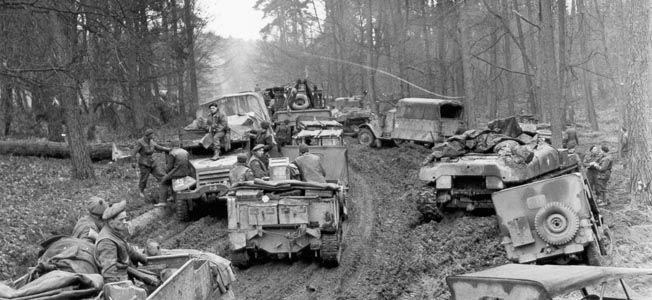
Allies
Aubrey Cosens was the first soldier of the Third Canadian Division to earn the Victoria Cross in World War II—and this was a division that had landed on D-Day, taken 76 percent casualties in Normandy, and used its amphibious warfare experience to defeat the Germans in Holland. Read more
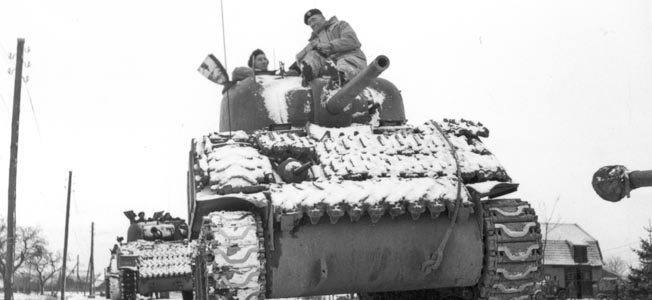
Allies
Ben Dunkelman was born in 1913 in Toronto to a wealthy Jewish family. His father owned Tip Top Tailors, Canada’s largest manufacturer and seller of men’s clothing. Read more
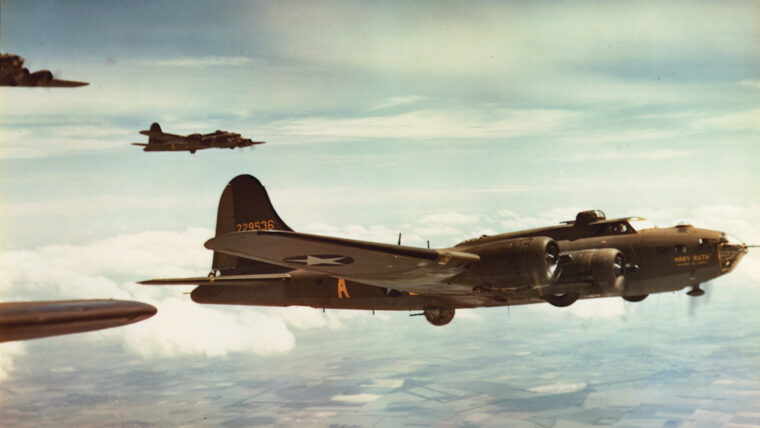
Allies
Behind the strategy that governed the American air war in Europe during World War II lay events and ideas that dated back to World War I and the 1920s. Read more
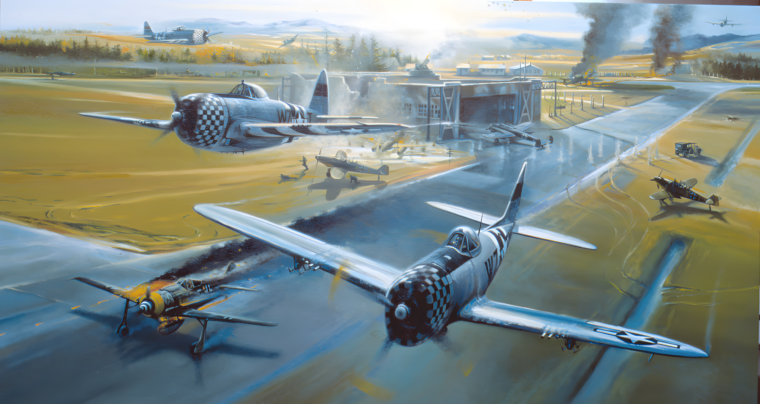
Allies
The captured German pilot was cocky and boastful. He had just parachuted into the American airfield, now lit up by the fires of burning Republic P-47 Thunderbolts, a sprinkling of bright torches amid the gray January gloom and the dirty white snow. Read more
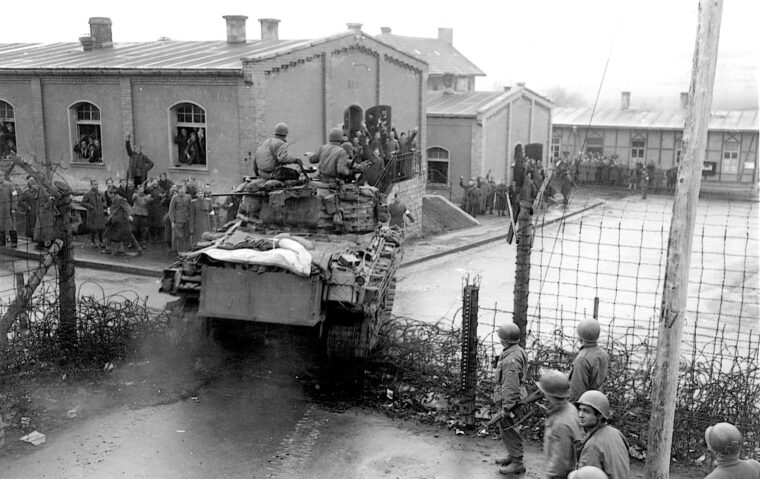
Allies
In the wan North African light on February 14, 1943, Lt. Col. John Waters watched columns of dust rise from the east. Read more
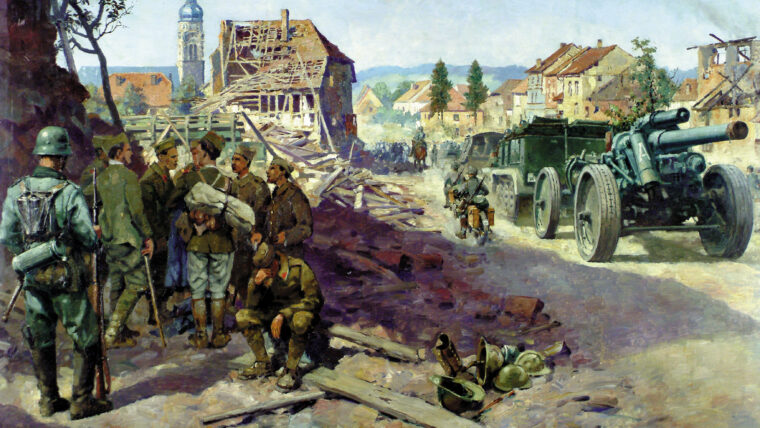
Allies
Andrei Andreievich Vlasov, one of Soviet dictator Josef Stalin’s favorite generals, played a key role in saving Moscow from Adolf Hitler’s armies during the winter of 1941-1942. Read more
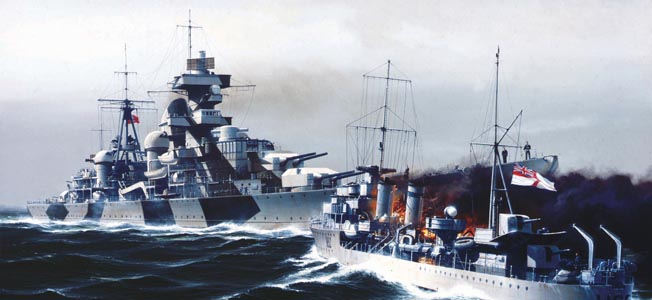
Allies
The great waves were huge and black, greedy tentacles of the North Sea clawing and snatching at the battered ships struggling in the icy dark. Read more
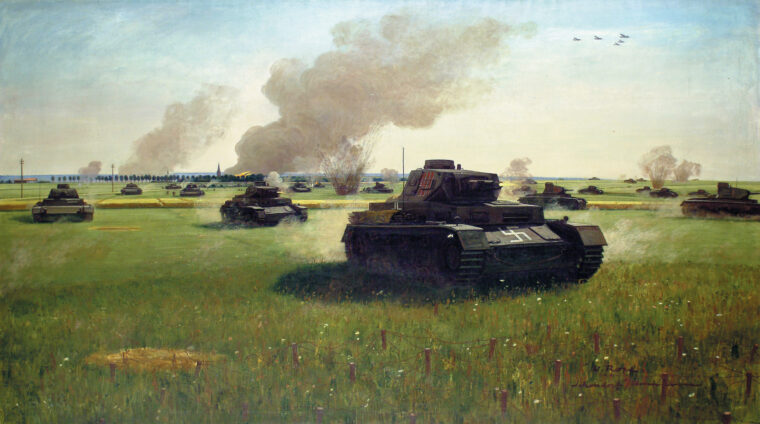
Allies
May 10, 1940, marked the beginning of the war in western Europe. Nazi-controlled Germany invaded Holland, Belgium, Luxembourg, and France. Read more
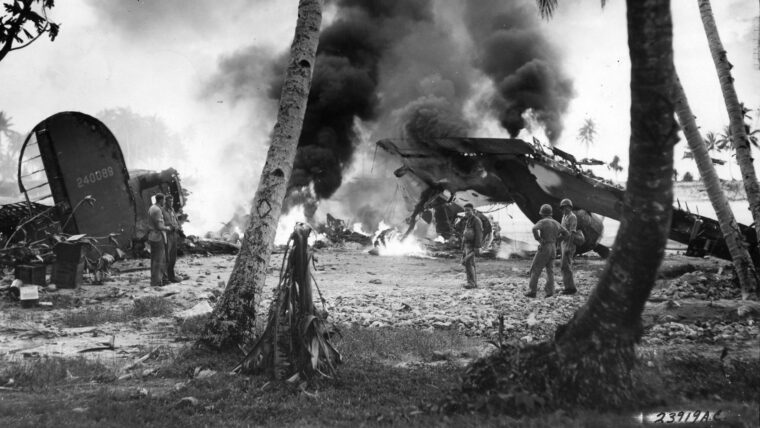
Allies
Consolidated B-24 Liberator bomber crews of the U.S. 11th Bombardment Group spent the first three months of 1943 organizing on Hawaiian airfields and flying practice and patrol missions around the islands. Read more
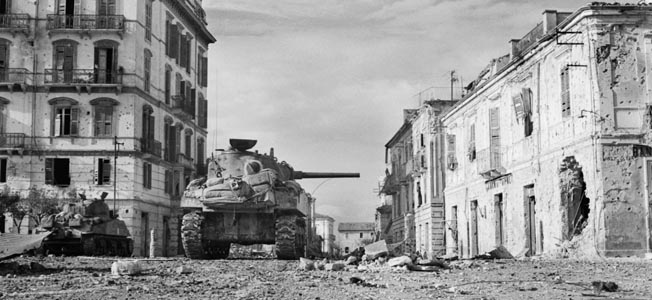
Allies
By the autumn of 1943, the Allied armies fighting in Italy had discovered that Winston Churchill’s description of Italy as the “soft underbelly of Europe” had been a falsehood of monumental proportions. Read more
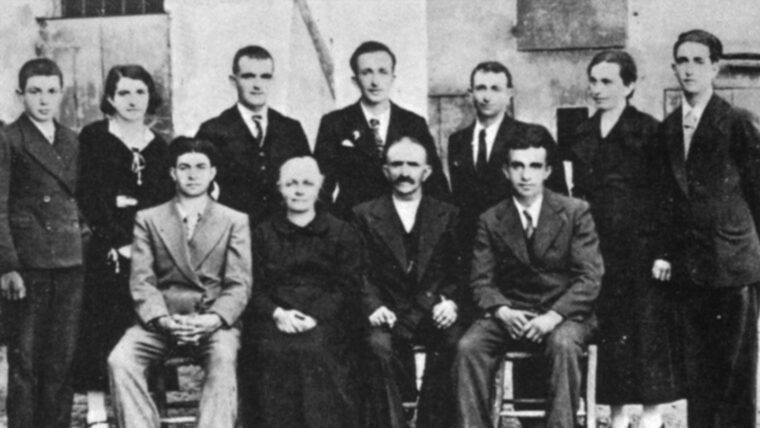
Allies
In March 1940, Benito Mussolini met with Adolf Hitler near the Brenner Pass on the border between Austria and Italy. Read more
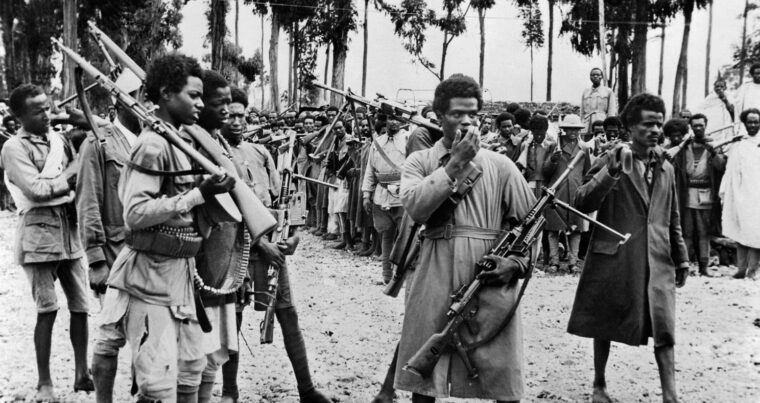
Allies
“I am not a collector of deserts,” Mussolini declared regarding his imperial ambitions. Instead, he would be a loser of them, most publicly in North Africa and, in one of World War II’s least-known campaigns, in East Africa. Read more
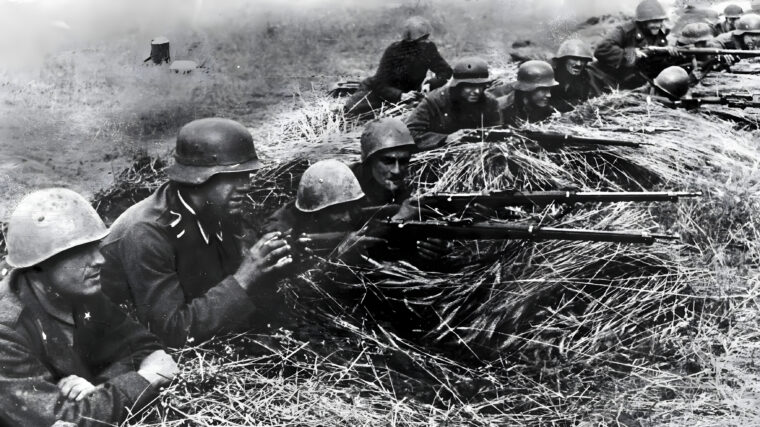
Allies
The most successful Italian Army of World War II was a political creation of dictator Benito Mussolini. Read more
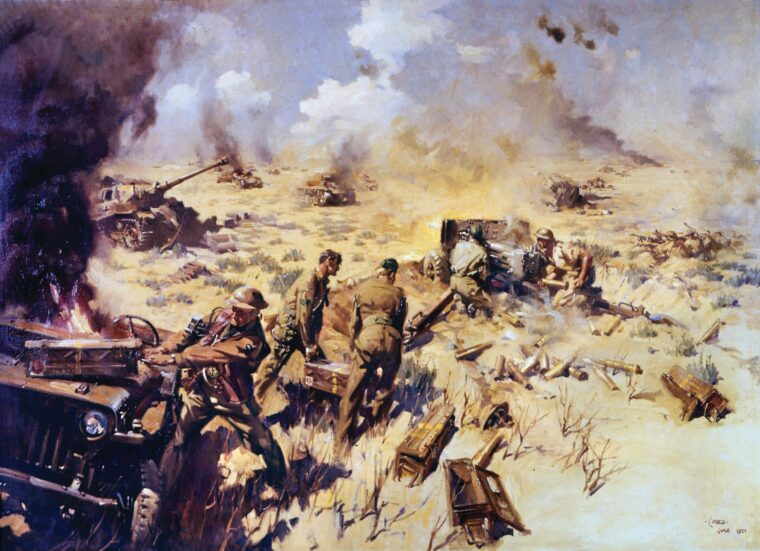
Allies
The war in North Africa flung vast armies across the arid deserts of Libya and Egypt for two long years, beginning with the Italian invasion of Egypt in September 1940. Read more
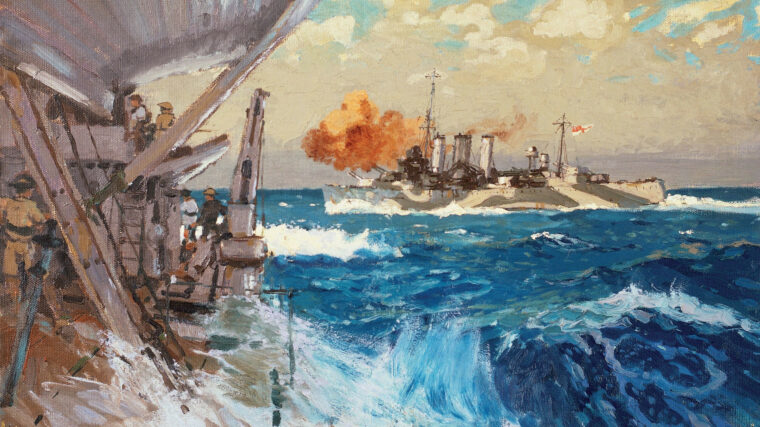
Allies
The director flicked his finger, and General Charles de Gaulle began reading his address into the British Broadcasting Corporation’s microphone, speaking from London to his defeated countrymen across the English Channel, calling upon them to continue resistance in the face of overwhelming German supremacy. Read more
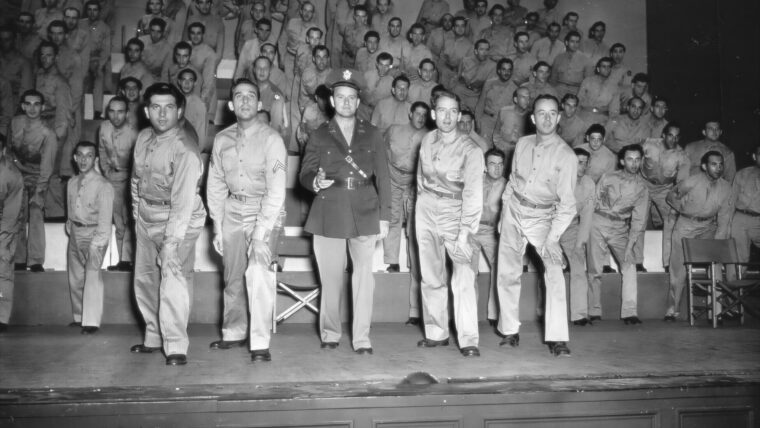
Allies
The most successful and popular patriotic show of World War II and one of the most unique productions in the history of entertainment was Irving Berlin’s This Is the Army, which originally began as a Broadway musical. Read more
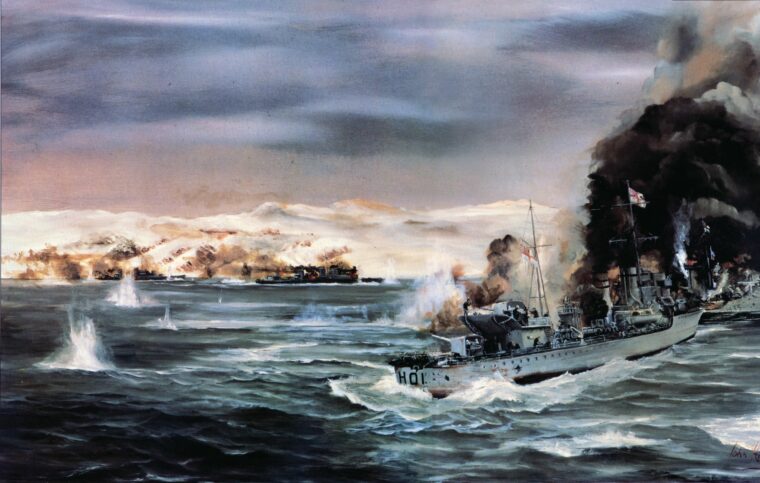
Allies
The Germans could not believe it. Without suffering the loss of a single soldier or sailor, the German Army and Navy had sailed 1,500 miles through waters dominated by the British Royal Navy and captured Narvik without firing a shot, bagged nearly 500 Norwegian soldiers, seized one of Norway’s major military depots, and even taken five armed British merchant ships and their crews. Read more
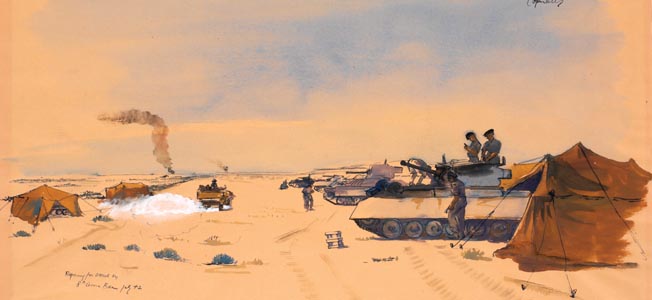
Allies
When one gazes upon the bookshelves in the Military History section of a well-endowed library, one cannot help but notice the number of volumes dedicated to the battles for North Africa during World War II and particularly to the Battle of El Alamein in October 1942. Read more
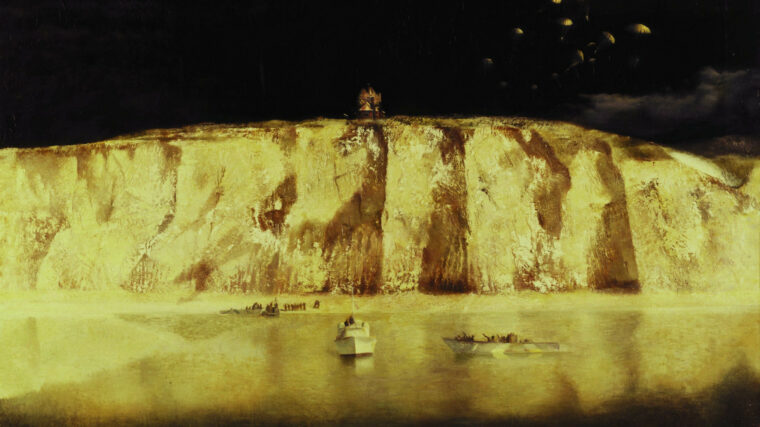
Allies
The parachute of aptly named Major J.D. Frost cracked open in the freezing air high above the French Channel coast at 12:45 am, and he commenced drifting down through the moonlit gloom. Read more